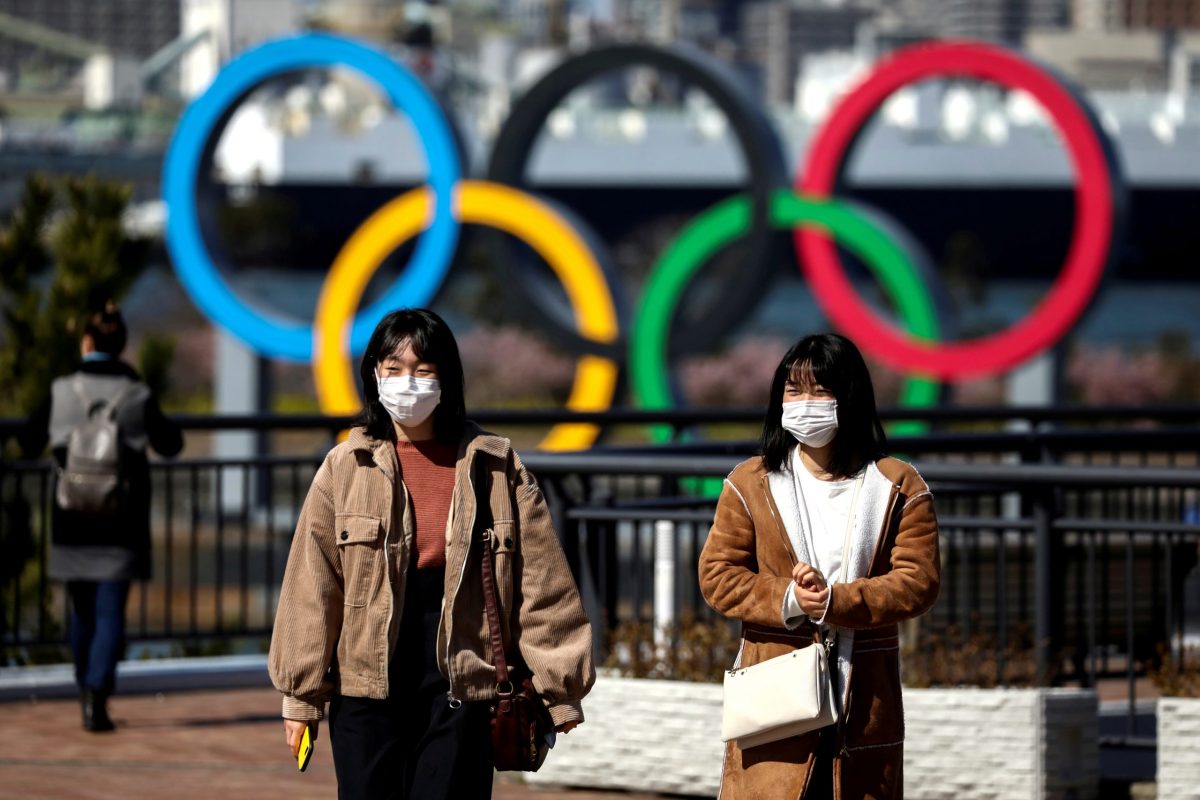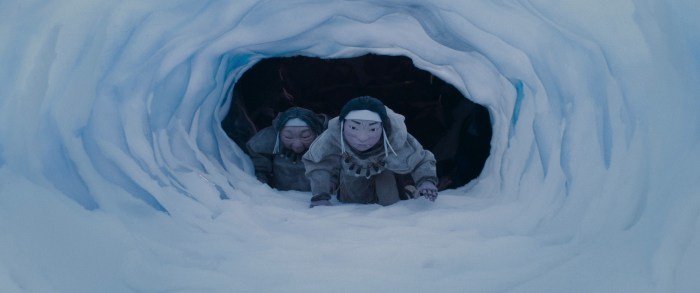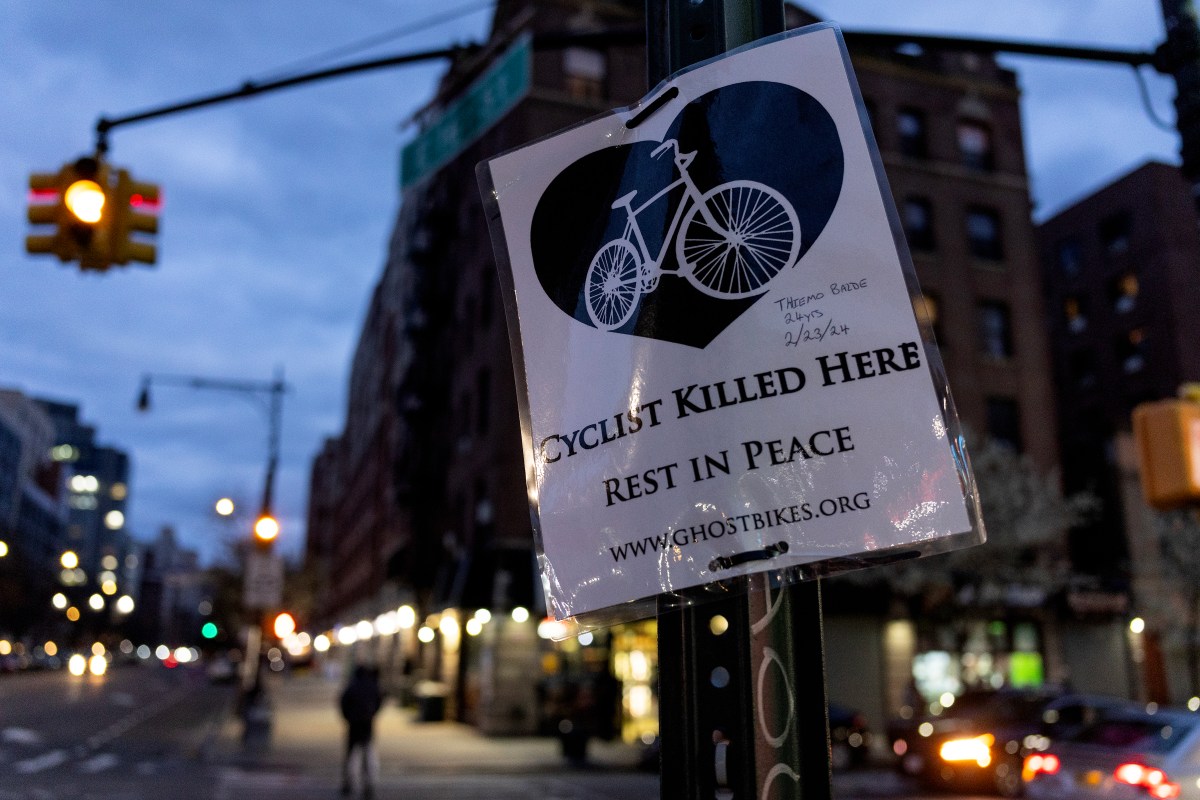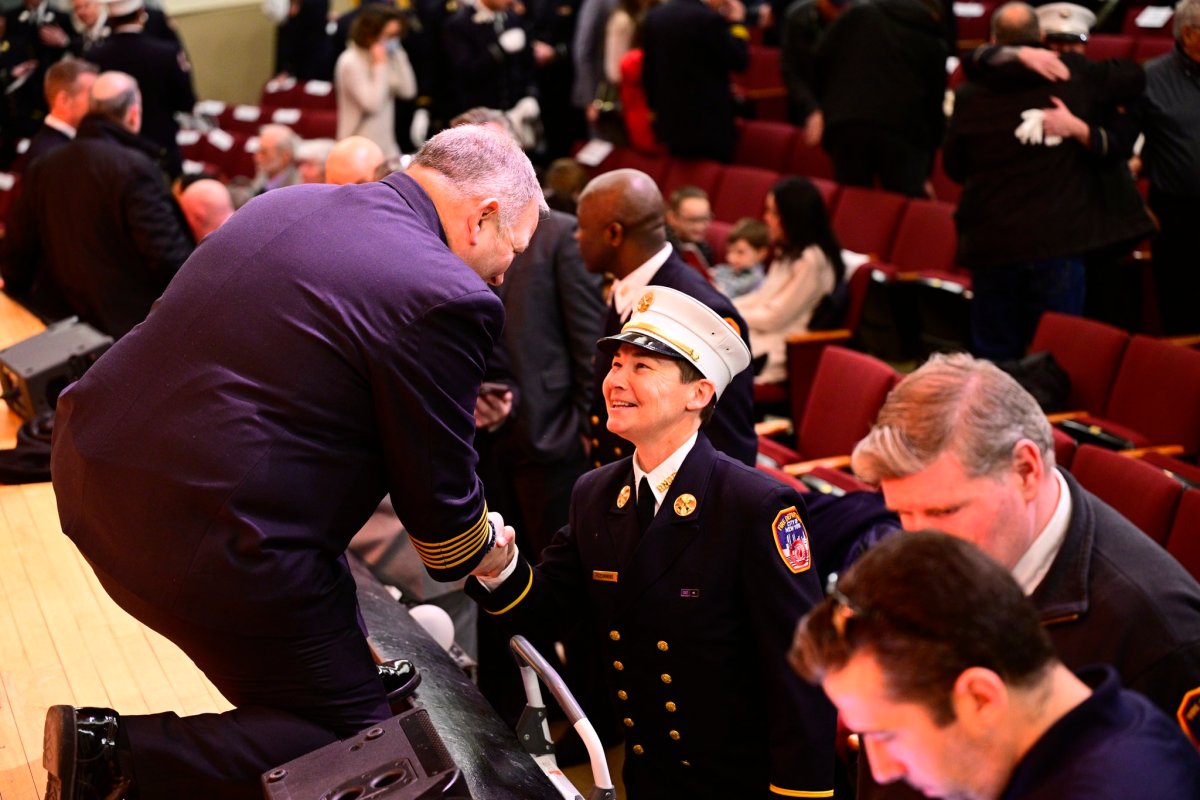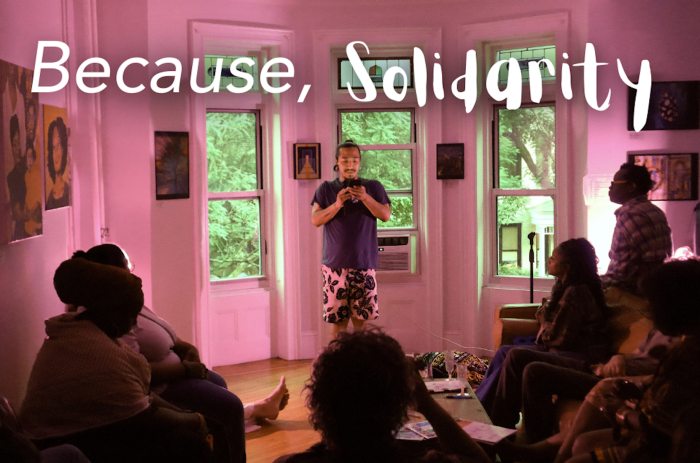Kentaro Iwata, a Japanese professor of infectious disease, said he is “pessimistic” that the postponed Summer Olympics in Tokyo can open in July of 2021.
“To be honest with you, I don’t think the Olympics is likely to be held next year,” he said Monday (h/t Al Jazeera). “Holding the Olympics needs two conditions… controlling COVID-19 in Japan, and controlling COVID-19 everywhere.”
Last month, the 2020 Summer Games were postponed until July 23, 2021, 364 days after the Olympics were originally supposed to open in Tokyo.
But the coronavirus outbreak — which began to run rampant in North American in March — saw much of the major sporting world shut down, including the NBA, NHL, MLB, and top-flight soccer leagues.
Despite the skyrocketing numbers of those infected, Olympic organizers initially said that the Games would go on as scheduled as recently as March 18.
Within a week, the Games were postponed, given the clear risks that come with hosting 11,000 athletes so closely for two weeks.
While the hope is that a year will be enough time for the pandemic to subside, thus allowing social-distancing restrictions to loosen and normal life to return, Iwata is not the only one that does not share that sort of optimism.
“When we talk about bringing sports back, with packed stadiums, I really think that is something we are going to have to wait for a vaccine to be able to do,” Zach Binney, an epidemiologist at Emory University in the United States, told Al Jazeera.
Initial forecasts in early March tabbed a vaccine to be found between a year and 18 months — which means it might not be available by the time the Olympics are poised to start.
Considering the coronavirus will never be fully eliminated, much like the flu, inviting millions of fans to descend upon Tokyo to see the Olympics next summer brings an obvious risk if there is no vaccine.
“Every person that you add to a gathering adds risk,” Binney said. “So once you get up to 50,000, 70,000, 100,000 [fans] … that is an enormous amount of risk to be taking on without a vaccine.”
As of Monday morning, there have been more than 2.42 million cases of coronavirus reported in 211 countries since December, killing more than 165,000 people, per CNN.



